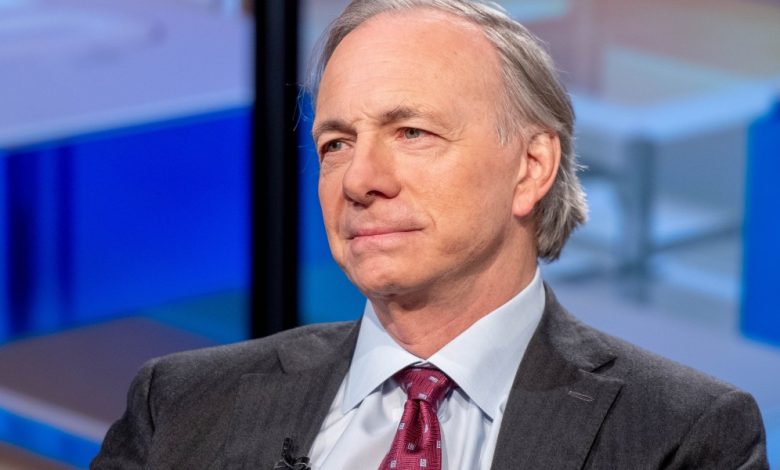Ray Dalio says Europeans have ‘below average work ethic’

According to billionaire investor Ray Dalio, the influence of eurozone countries on the global stage is slowly waning, thanks largely to the way Europeans work.
Dalio, who founded Bridgewater Associates, the world’s largest hedge fund, shared his view on Twitter Thursday that the collective position of the 19-state cohort was at risk.
Using a computer-generated measurement of the region’s power based on metrics such as education, innovation, military strength and trade, Dalio concluded that while the eurozone is currently the world’s third-largest power, it is facing a “gradual decline.”
“Its weaknesses are the sub-par work ethic and low self-sufficiency of its employees, and the relatively poor allocation of labor and capital,” Dalio said.
On the other hand, according to the legendary investor, the eurozone’s strengths lie in its importance in world trade, its strong capital markets and financial center, and its status as a reserve currency.
Labor productivity in the euro area has long been a concern for European policymakers.
In a report published last year, the Bundesbank found that the region’s productivity growth had slowed “significantly” over the past two decades, although there were marked differences between member states.
Central bankers in the US have also acknowledged the trend across the Atlantic, calling the region’s productivity growth “disappointing”.
According to the Organization for Economic Co-operation and Development, the EU is at the bottom end of the scale when it comes to the time that people in OECD countries spend at work.
Nineteen of the EU’s 27 member states – including Germany, Ireland and the Netherlands – use the euro, and collectively these countries are referred to as the Eurozone or Eurozone.
Regardless of labor productivity, the European Commission expects the eurozone economy to contract in the last quarter of this year and the first three months of 2023 due to rising inflation – especially in energy prices – and interest rate hikes.
Earlier this week, official data showed that the euro zone grew 0.2% qoq between July and September, up 2.1% yoy.
Our new weekly Impact Report newsletter will examine how ESG news and trends are shaping the roles and responsibilities of today’s leaders – and how best to address these challenges. Subscribe here.



